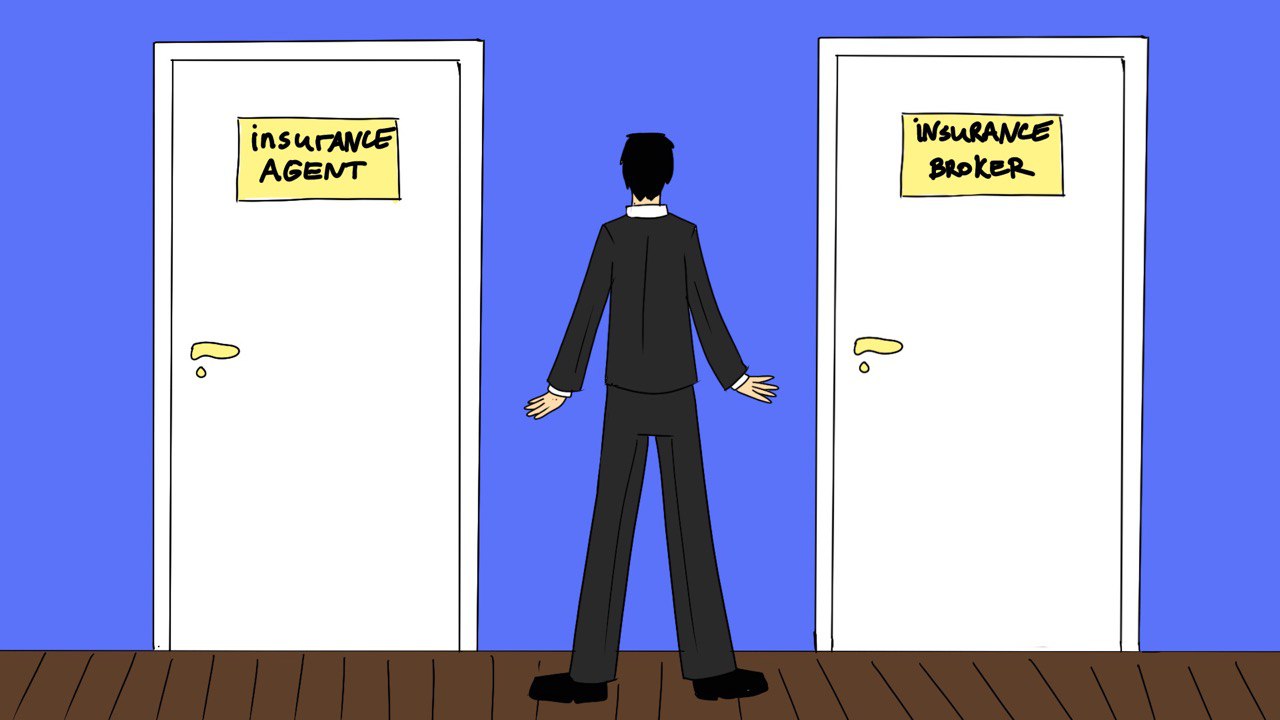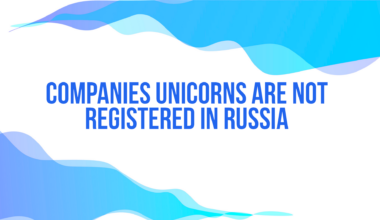Insurance brokers in Russia: requirements and main tasks – Interview with an expert
 Today, in our exclusive interview for the information and analytical resource Calmins.com -calm insurance, Leonid Zubarev, Senior Partner at CMS Russia, will share his opinion on the issue of brokerage in insurance. His firm has extensive practical experience in providing legal support and consulting services to companies related to or engaged in insurance.
Today, in our exclusive interview for the information and analytical resource Calmins.com -calm insurance, Leonid Zubarev, Senior Partner at CMS Russia, will share his opinion on the issue of brokerage in insurance. His firm has extensive practical experience in providing legal support and consulting services to companies related to or engaged in insurance.
– Leonid, good afternoon. First of all, we would like to thank you for your time and desire to share your expertise with our readers. Let’s start with the first question, or rather, with two of them: why do you need to get a broker’s license and is it necessary?
– Insurance brokers cannot work in Russia without a license from the Central Bank of the Russian Federation. An exception is made for foreign insurance brokers, who can carry out reinsurance activities without a license. Although the law does not directly indicate that such reinsurance activities are possible only in respect to reinsurance in foreign reinsurance organizations, in practice, foreign insurance brokers do not participate in reinsurance relations between Russian insurance organizations.
– Are there any special requirements of the Central Bank of the Russian Federation or legislation as to the structure of an organization, or are there requirements relating to the capital of the company?
– License requirements are sufficiently detailed in the Law “On the Organization of Insurance Business in the Russian Federation”. An insurance broker can be a Russian individual entrepreneur or a Russian legal entity. Persons who have a criminal record or who are members of an insurer’s management bodies or an insurer’s affiliated persons cannot be insurance brokers as individual entrepreneurs or top executives of a legal entity that is an insurance broker. If such a person managed an insurer two years before the insurance company was declared bankrupt, then it is necessary to wait for three years after the bankruptcy of the insurer before applying for a brokerage license.
If a broker takes money from customers to pay insurance premiums, the law requires him to keep this money in a special bank account that cannot be used for any other purposes, and transfer this money to the insurer (reinsurer) within 3 working days. In addition to the special purpose bank account, a broker who takes money from customers must have a bank guarantee for at least 3 million rubles or the same amount on the balance of his bank account.
– Leonid, can employees of an insurance broker obtain a license of the Bank of Russia?
– According to the current legislation, only the General Director and the Chief Accountant of an insurance broker are subject to additional qualification requirements in terms of specialized higher education and industry experience, and must not have been disqualified from holding the relevant positions.
State control of insurance brokers is not limited to licensing. Insurance brokers must comply with the rules established by the Law “On the Organization of Insurance Business in the Russian Federation” and regulatory acts of the Bank of Russia, as well as the legislation on combating the legalization (laundering) of the proceeds of crime and the financing of terrorism, including in terms of identification of customers and reporting.
– Insurers have a self-regulatory body, the All-Russian Union of Insurers. There is also the Russian Association of Motor Insurers. Do insurance brokers have their own self-regulatory body?
– Absolutely, insurance brokers must be members of a self-regulatory organization of insurance brokers and fulfill all the requirements of such a self-regulatory organization in terms of activities, including the payment of membership fees.

– And on whose side does the insurance broker “play”, on that of the client or the insurer? Some readers have asked this question as it is not completely clear how the system works.
– An insurance broker can act both on behalf of and at the expense of a customer, or on its own behalf but at the expense of the customer. If the insurance broker carries out activities in the interests of an insurer (reinsurer), then he is obliged to notify the insured (reinsured) of this and cannot receive remuneration for the service provided under the same insurance contract both from the insurer (reinsurer) and the insured (reinsured).
An insurance broker is entitled to carry out any activities which are related to the provision of insurance or reinsurance services and are not prohibited by law, with the exception of those of an insurer, reinsurer and insurance agent.
An insurance broker may not provide services exclusively for mandatory insurance. The broker’s commission for mandatory insurance may not exceed 10 percent of the insurance premium.
An insurance broker must have his own website and include information about himself and about the insurer, including insurance rules, insurance risks, tariffs, the size of their remuneration, etc.
– Besides intermediary insurance, what activities can an insurance broker carry out in Russia?
– Any activities that are not prohibited by law provided they relate to the provision of insurance or reinsurance services. But insurance brokers cannot be insurers, reinsurers and insurance agents.
– Leonid, is my understanding that the concept of an insurance broker in Russia is the same as in the West correct? Are there any legal loopholes in Russia?
– This is not quite so. What mainly distinguishes the Russian legislation on insurance intermediaries is its scarcity. In Europe, for example, several EU directives on insurance intermediaries have been adopted (such as EU Directive 2002/92/EC on insurance intermediation, EU Directive 2016/97/EU on the distribution of insurance products) to regulate in detail the activities of both insurance agents and insurance brokers.
Another difference is that, in Russia, intermediary insurance activities are subject to VAT.
– Leonid, why do you think most insurance aggregators on the Internet are young Insurtech startups which operate under an agency scheme? That is, they are not insurance brokers, but they work as a kind of “multi-agent.”
– In my opinion, this is explained by the following:
- On the one hand, insurance broker activities are regulated by the Bank of Russia. So, insurance brokers have to receive a license and comply with qualification and other requirements.
- On the other hand, legislation does not clearly describe the rights and obligations of insurance brokers, which creates favorable conditions for so-called regulatory arbitrage or, in simple terms, abuse of power.
In such conditions, it is easier to start activities as an insurance agent. Something similar could be observed in Central and Eastern Europe in the 1990s, when everyone was working as an insurance agent. For example, Poland came to the point where catholic priests distributed life insurance policies among their parishioners and advertised insurance directly from their pulpits.
– Retail insurance intermediaries (so-called insurance aggregators) are mainly asking whether setting up business as an insurance broker is good for them. Obviously, restrictions for brokers in the Russian Tax Code and opportunities for retail agents are very different…
– To me, the main problem, in addition to VAT on intermediary services, is the justification of the expenses insurers or insureds incur to pay for the services of insurance intermediaries. Unfortunately, intermediaries and their services are often imposed on customers or used as a means of withdrawing funds from companies, which undermines the confidence consumers and the state have in brokerage.
– Leonid, and what, in your opinion, is better for the state: a licensed or unlicensed broker, i.e. just an agent and insurance intermediary?
– Clear regulation of intermediary services is advantageous primarily to consumers. Licensing of brokerage and intermediary activities in general is, without doubt, a kind of barrier in the way of unscrupulous players, but existing requirements are obviously not sufficient or they are not clear enough, which leaves space for regulatory arbitrage and for bad-faith business practices.
– You could perhaps recommend what form of organization will attract more trust from customers.
– I think that the degree of confidence does not depend on the form of a business organization. Establishing trust takes time. And it is not what you say that matters, but what you do.
– What recommendations would you make to companies that have an agent network (whether on- or offline)? Which form is easier and more appropriate to use for the start and launch of operations?
– It is difficult for me to make recommendations to insurers on this. However, it is obvious that intermediaries remain the main channel for the distribution of insurance products as they help increase the level of insurance penetration. Traditional forms of insurance intermediation are obviously changing with the development of technologies. With mass forms of property insurance today, it is no longer possible to operate without online services. And both insurers and intermediaries understand this without my saying it.
However, as I said earlier, if you are at the very beginning of the journey, it is easier to start operating as an insurance agent.
We thank our guest and expert in the insurance market, Leonid Zubarev, for an enlightening conversation and wish him success and prosperity!
NEO-Correspondent Lyubov S.
Calmins.com ©





